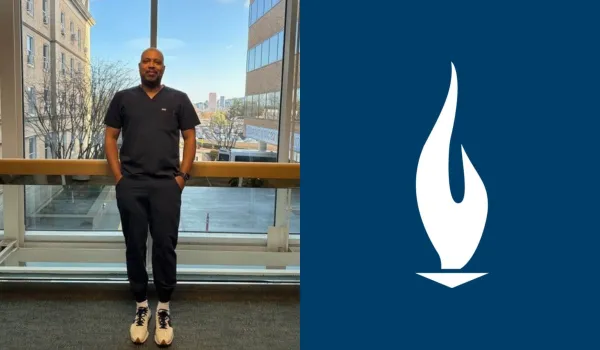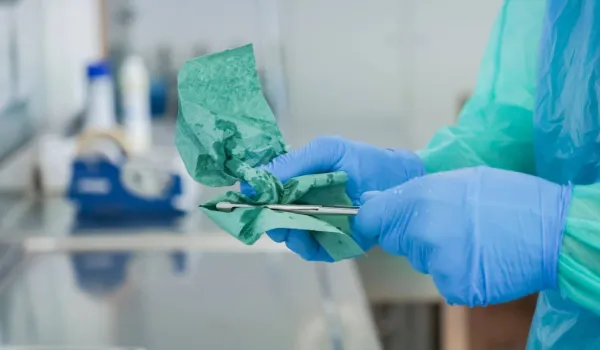
We at Concorde know that the role of a respiratory therapist is one of the most vital on any medical team. There can't be life without breath, and the Respiratory Therapist aids that process.
This especially is true when it comes to pneumonia, an affliction that kills more than 50,000 people each year. It's an infection of the lung that causes them to fill with fluid, making it difficult to breathe. Antibiotics typically treat the bacterial strains of pneumonia effectively. Viral pneumonia is tackled with treatments often administered by respiratory therapists.
We thought we'd take a closer look at how the Respiratory Therapist treats pneumonia. We got two different takes from a couple of our resident Concorde RT experts.
"There are two major types of pneumonia," said Amir Mirisoleiman, BS, RRT, Director of Concorde respiratory therapist programs in San Antonio, TX. "One is bacterial pneumonia, and the other is viral pneumonia. If you are diagnosed with a bacterial form of pneumonia, it is important that you are started on antibiotics very soon. If you have viral pneumonia, you will not receive antibiotics."
How pneumonia is diagnosed
Mirisoleiman said a physician will start by asking for a medical history and doing a physical exam, such as listening to the lungs with a stethoscope to check for abnormal bubbling or crackling sounds that suggest pneumonia. If the doctor suspects pneumonia, he/she will order further examinations such as:
- Blood tests. Blood tests are used to confirm an infection and try to identify the type of organism causing the problem.
- Chest X-ray. This helps your doctor determine the location of the infection.
- Sputum test. A sample of fluid from your lungs (sputum) is taken after a deep cough and analyzed to help pinpoint the cause of the infection to determine the kind of antibiotics needed for treatment if any.
The Respiratory Therapist is often tasked with obtaining sputum samples and are taught different methods to help obtain these samples.
"These include sputum induction, suctioning and assisting with bronchoscopies," said Bryan Tangney, BA, RRT-NPS, Director of Concorde respiratory therapist programs in Kansas City, MO.
How the Respiratory Therapist treats pneumonia
Once the type of pneumonia is identified, the doctor will order antibiotics to treat the specific bacteria.
The Respiratory Therapist will treat pneumonia patients with different therapies based on the symptoms present. These therapies include bronchodilator therapy, mucolytic therapy, bronchial hygiene, chest physiotherapy, oxygen therapy, intubation and mechanical ventilation.
Chest physiotherapy, postural drainage, secretion mobilization and hyperinflation therapy such as IPV, EZPAP, MetaNeb and pulse oximetry to check the patient's oxygen level in the blood are other procedures often utilized by the Respiratory Therapist.
"In severe cases, mechanical ventilation may be necessary to take over a patient's breathing," said Mirisoleiman. "They might use pressure control modes to limit pressure in order to prevent barotrauma. This stage of the disease is often referred to as ARDS (Adult Respiratory Distress Syndrome). Survival at this stage is not very positive due to the inability to oxygenate the vital organs which leads to multi-organ failure."
For anyone out there wondering how to become a respiratory therapist, you might do well to make sure you study up on pneumonia as those likely will be some of the most common cases on which you'll be working.
Interested In How To Become a Respiratory Therapist?
Click here to explore respiratory therapist programs near you!
Take The Next Step Towards a Brighter Future
Interested in learning more about our Respiratory Therapy program?
We have a Concorde representative ready to talk about what matters most to you. Get answers about start dates, curriculum, financial aid, scholarships and more!







